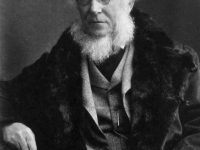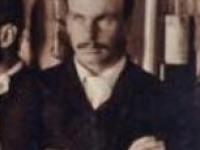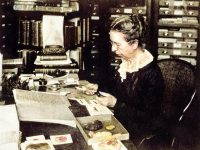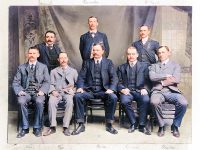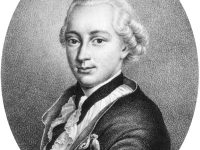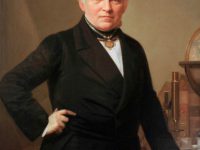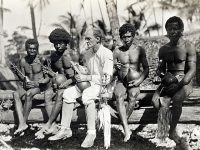Ludwik Fleck and the Thought Collective
On July 11, 1898, Polish and Israeli physician Ludwik Fleck was born. Fleck did important work in epidemic typhus in Lwów, Poland, with Rudolf Weigl and in the 1930s developed the concepts of the “Denkstil” (“thought style”) and the “Denkkollektiv” (“thought collective”). The concept of the “thought collective” defined by him is important in the philosophy of science and in logology (the “science of science”), helping to explain how scientific ideas change over…
Read more


